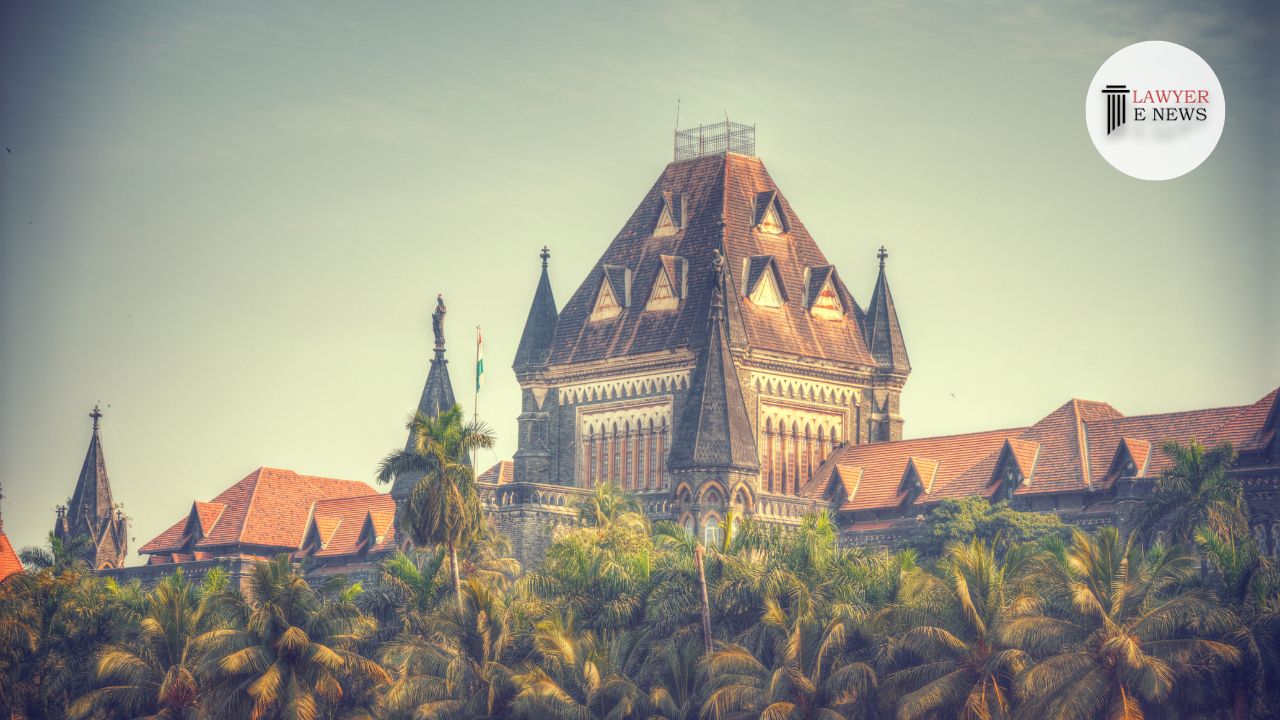-
by Admin
16 February 2026 4:21 AM



The Bombay High Court clarifies the application of the Right to Information (RTI) Act to Public Trusts and educational institutions managed by them. The key issue was whether Public Trusts registered under the Maharashtra Public Trusts Act 1950, and running institutions receiving state grants, are duty-bound to supply information under the RTI Act 2005.
The appeal raised the question of whether a Public Trust, receiving state grants for its institutions, falls within the scope of 'public authority' under the RTI Act, thereby obligating it to provide requested information. The court examined several previous judgments reflecting discordant views on the issue, focusing on the distinction between Public Trusts and the educational institutions they administer.
The Court differentiated between Public Trusts and their educational institutions. It was observed that Public Trusts are not created by statute but are recognized and registered based on their trust deed, making them largely private bodies. The Court emphasized that only if these Trusts or their institutions receive substantial financing from the State do they come under the ambit of RTI. Justice Gharote noted, "The educational institutions, owing their existence to the Public Trust, do not automatically make the Trust a public authority under the RTI Act."
The Court further observed that financial assistance to educational institutions must be evaluated in the context of state policy and the extent of financing. It clarified that merely receiving state grants does not make a Public Trust a 'Public Authority' under RTI unless it is substantially financed by the government.
The Court held that a Public Trust is not obligated to supply information under the RTI Act unless it falls within Section 2(h)(i), implying substantial state financing or control. Educational institutions managed by Public Trusts may fall under RTI if state financing is substantial. The Charity Commissioner is not bound to provide information collected under the Maharashtra Public Trust Act if it falls under exempted categories of the RTI Act.
Decision Dated - 1st March 2024.
"People Welfare Society vs State Information Commissioner & Ors." -
